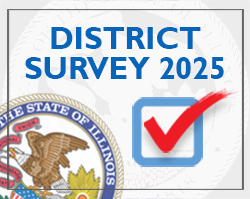- Details
- Category: Press Releases
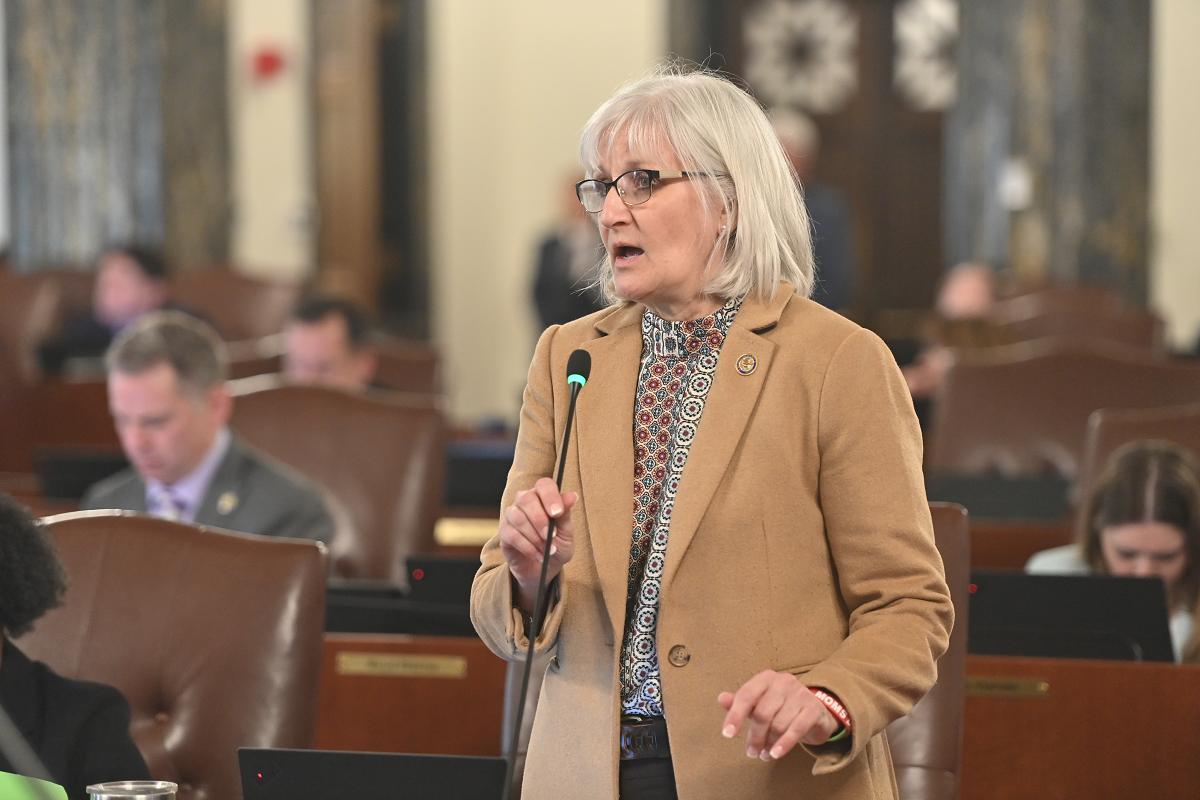
LIBERTYVILLE – Building upon the smart infrastructure investments supported by State Senator Mary Edly-Allen, the Illinois Department of Transportation announced an investment of $6.1 million in road and bridge improvement projects coming to the area.
“Improving our state’s aging infrastructure by making these necessary investments will create good-paying jobs and make our roads safer and more reliable,” said Edly-Allen (D-Libertyville).
As part of IDOT’s latest Multi-Year Plan under Rebuild Illinois, the district Edly-Allen represents will see nine infrastructure projects totaling more than $6.1 million next year.
These projects are part of IDOT’s multi-year plan, a $40 billion investment in construction projects for the next six fiscal years. The plan invests in all modes of transportation: roads and bridges, aviation, transit, freight and passenger rail, waterways, as well as bicycle and pedestrian accommodations.
“I remain dedicated and determined to see that our roads will be safer,” Edly-Allen said. “This significant investment will help enhance our state’s infrastructure and equip our economy for the future."
To find a full list of projects slated for the 31st Senate District, visit here.
- Details
- Category: Press Releases
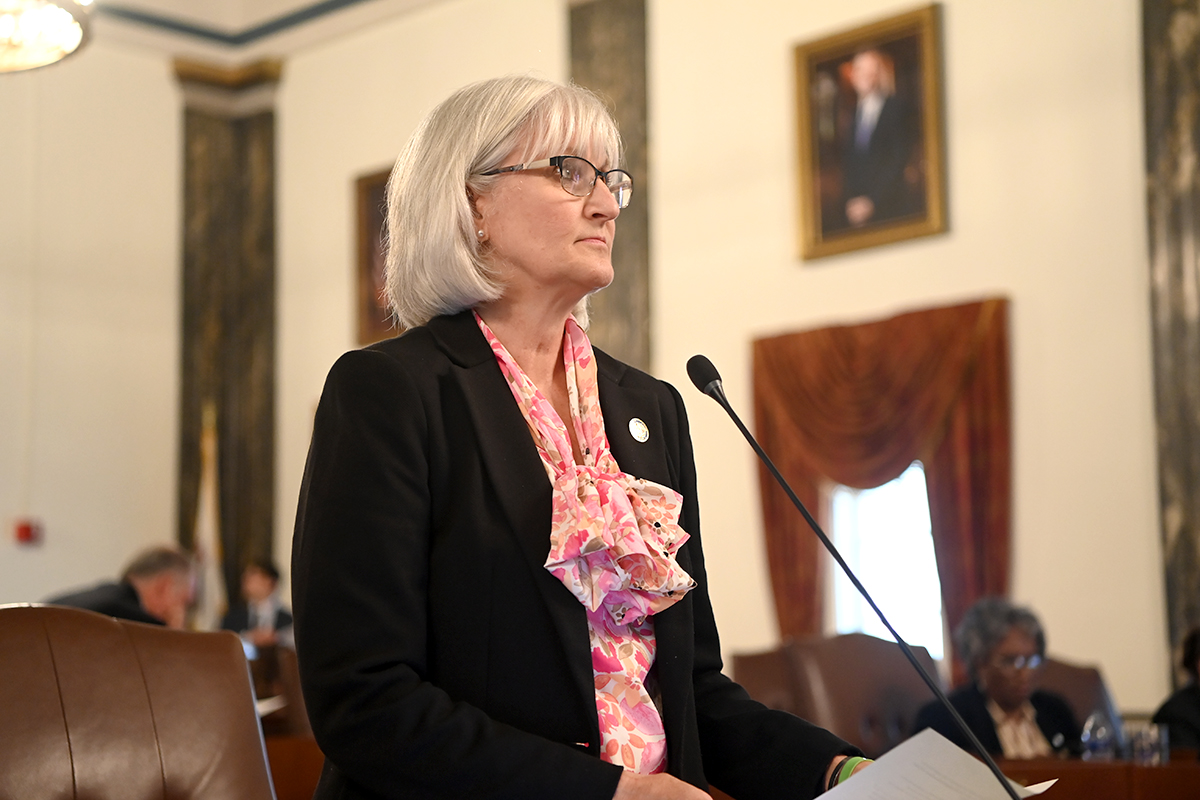
CHICAGO – State Senator Mary Edly-Allen, alongside Illinois State Treasurer Michael Frerichs, announced at a press conference Thursday that a resident in the 31st Senate District will receive $500,000 from a life insurance policy through the I-CASH program.
“My constituent was shocked when he learned that his wife had taken out a life insurance policy that added up to such a life-changing amount of money,” said Edly-Allen (D-Libertyville). “However, far too often constituents are hesitant to believe my office when we call them about unclaimed property due to fear of fraud. It often takes my staff several contacts to gain trust.”
The State Treasurer’s Office reached the I-CASH program’s $2 billion mark in May by returning over $500,000 to a Lake County veteran whose late wife, also a veteran, had taken out a life insurance policy through a former employer, unbeknownst to the husband.
- Details
- Category: Press Releases
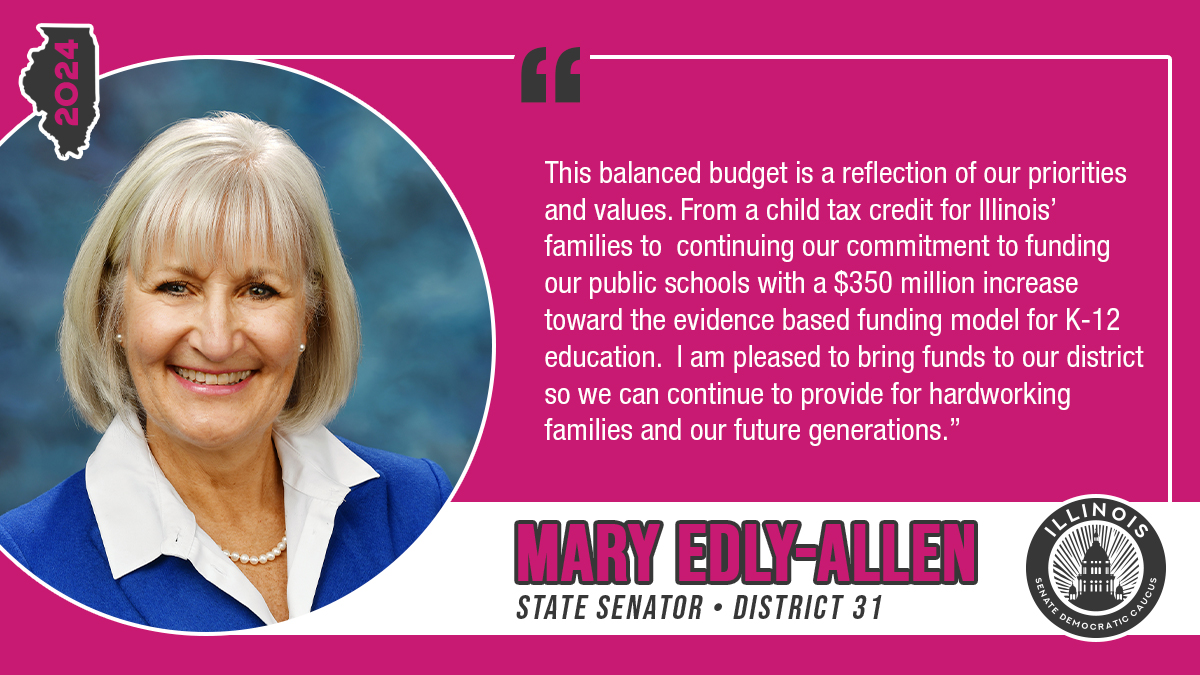
SPRINGFIELD – Following the Illinois Senate approving a FY 25 on Sunday, State Senator Mary-Edly-Allen released the following statement:
“This balanced budget is a reflection of our priorities and values. From a child tax credit for Illinois’ families to continuing our commitment to funding our public schools with a $350 million increase toward the evidence based funding model for K-12 education. I am pleased to bring funds to our district so we can continue to provide for hardworking families and our future generations.”
The budget passed the Senate Sunday.
- Details
- Category: Press Releases
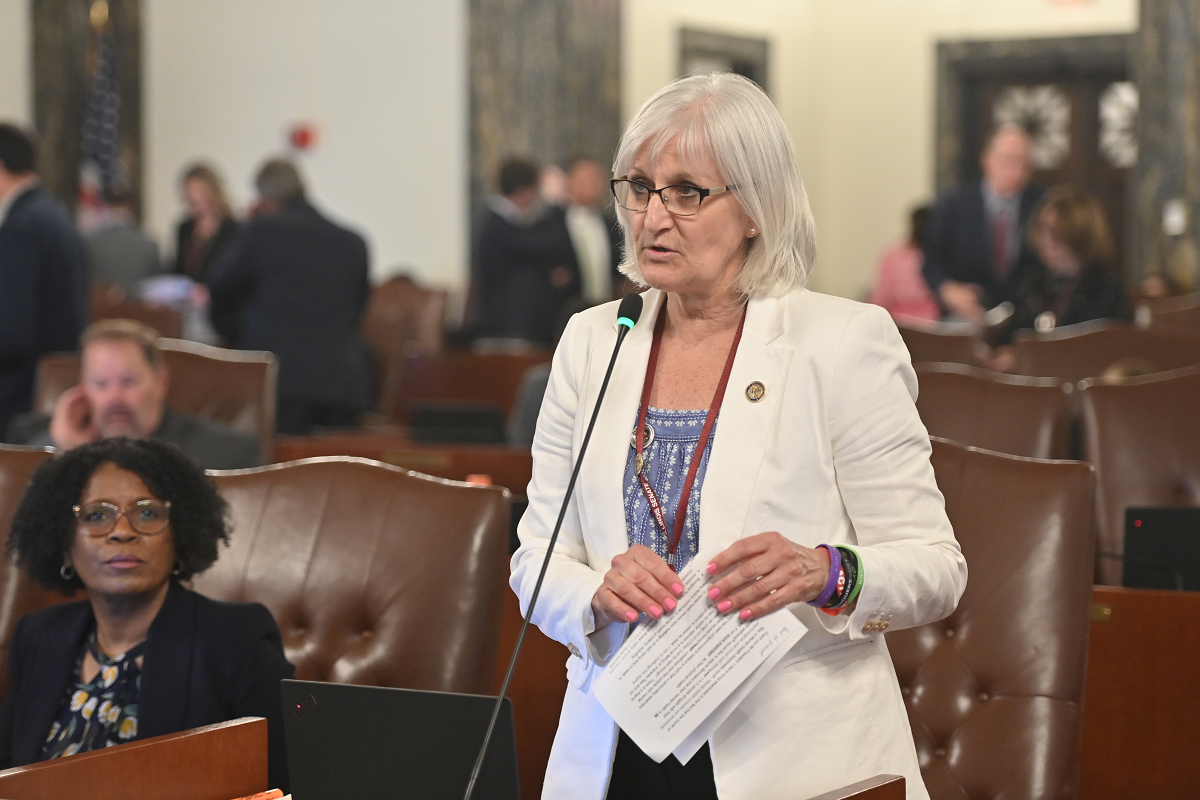
The following release was distributed by Attorney General Raoul's office after the Senate Passage of House Bill 4623:
Raoul Encourages Governor to Sign Legislation to Prohibit Use of AI to Create Child Pornography that Involves Real Children or Obscene Imagery
SPRINGFIELD – Attorney General Kwame Raoul today applauded the Illinois Senate’s unanimous passage of his legislation to clarify that Illinois’ child pornography laws apply to images and videos created by artificial intelligence (AI) technology. The measure builds on the work being done by Attorney General Raoul’s office, in collaboration with state and federal law enforcement agencies, to crack down on child pornography throughout Illinois.
Attorney General Raoul initiated House Bill (HB) 4623, which is sponsored by Sen. Mary Edly-Allen, to address the use of AI-generated child pornography. The legislation prohibits the use of AI technology to create child pornography that either involves real children or obscene imagery. The bill also separately prohibits the nonconsensual dissemination of certain AI-generated sexual images.
“I initiated this legislation because AI-generated child pornography is an increasing concern, and it is one that we need to get addressed before the technology outpaces our ability to distinguish between AI images and images of real children,” Raoul said. “Just like child sexual abuse images containing real children, AI-generated child pornography is used by predators to lure and groom minors and to normalize their own reprehensible behavior and child sexual abuse. We must be able to address AI-generated child sexual abuse images the same way existing law covers images of actual children. As policymakers, we have a responsibility to protect our children from the trauma of exploitation, and this is a critical step in the right direction.”
Experts from the Attorney General’s office previously testified before legislative committees to explain technological advances that have enabled the creation of realistic, computer-generated images and videos of children, and to highlight the ways in which AI-generated child pornography is harmful. When AI technology uses images of real children to generate child pornography, the children who are depicted experience real reputational, emotional and privacy injuries. However, even when the technology does not use images of real children, the resulting child pornography nonetheless perpetuates abusive and predatory behavior.
“We must protect our children and implement strong regulations as new threats are constantly developing with unregulated AI programs,” said Edly-Allen. “I commend Attorney General Raoul and State Rep. Jennifer Gong-Gershowitz for their tireless efforts to ensure the safety and protection of current and future generations.”
More Articles …
Page 16 of 28

